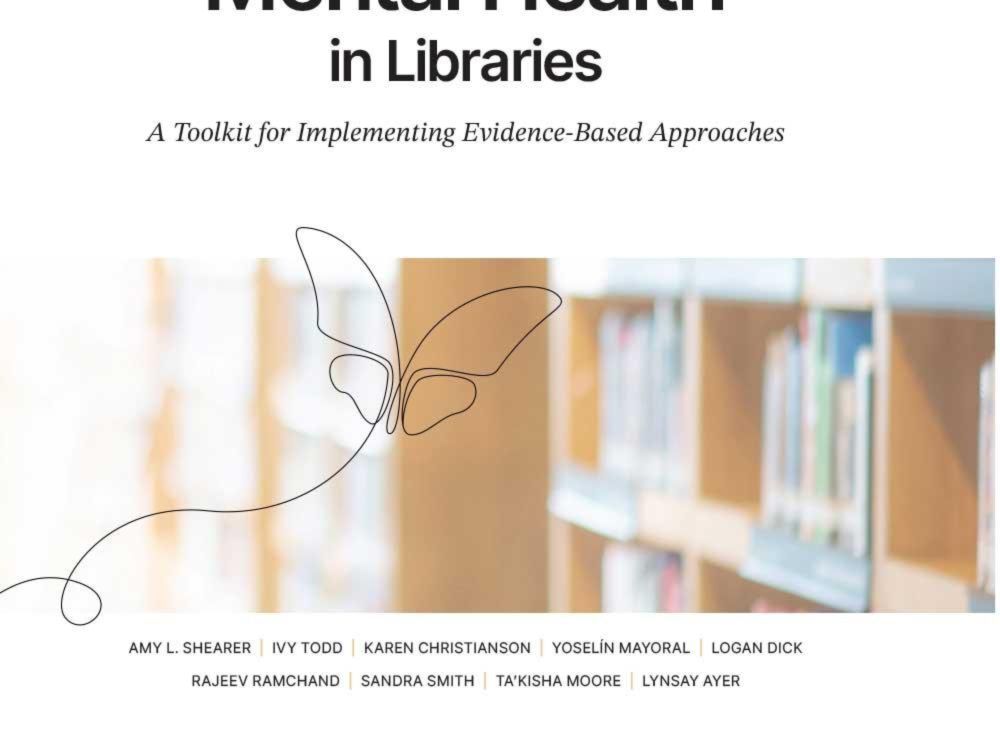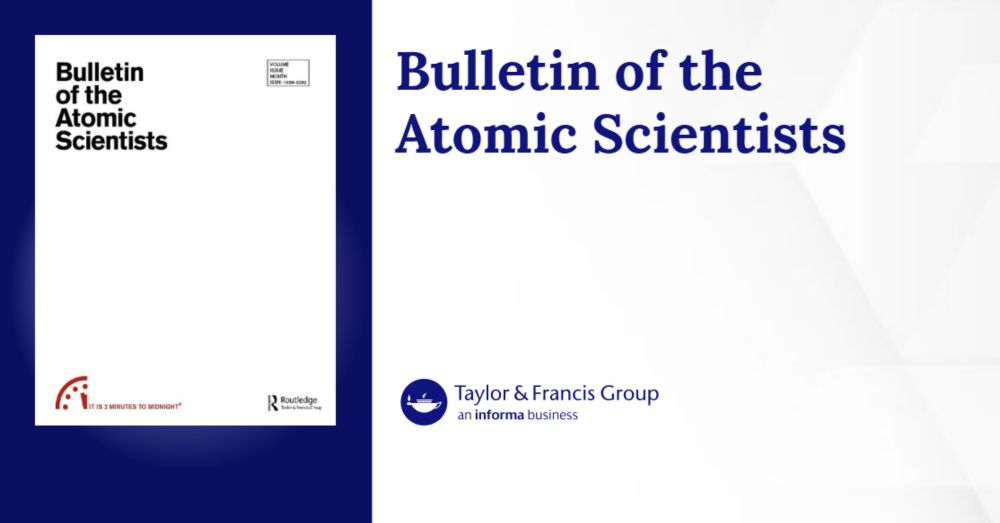
If the challenges and limitations of tele-palliative care are managed carefully, then it could "redefine how compassionate care is delivered when it's needed most."
RAND experts explain: www.rand.org/pubs/comment...
@rand.org.bsky.social
We arm leaders with the information they need to tackle the toughest policy problems. Nonprofit, nonpartisan. Core values = quality & objectivity. www.rand.org

If the challenges and limitations of tele-palliative care are managed carefully, then it could "redefine how compassionate care is delivered when it's needed most."
RAND experts explain: www.rand.org/pubs/comment...

"Negotiations to end the war in Ukraine have not failed. They haven't yet properly begun." www.nytimes.com/2025/07/25/o...
31.07.2025 00:26 — 👍 10 🔁 5 💬 1 📌 2🔟 Think critically and realistically about implementation.
Consider the problems in carrying out the various alternatives and the prospects for success. An alternative might appear best when ignoring problems of implementation but might not really be best when considering them.
9️⃣ Don’t overemphasize the quantitative aspects, and don’t ignore nonquantifiable factors that may be decisive.
A good analysis will identify the most important factors in a problem, whether they can be represented numerically or not.
8️⃣ Design new alternatives. Go beyond the question asked to see whether others must be answered first.
A design of a good new alternative is likely worth more than a thorough evaluation of unsatisfactory old ones. And figuring out the right question is most of the job.
7️⃣ Consider the basis on which decisions are actually being made, and ask whether you can improve on it.
Improvements to the current basis for decisionmaking may be practical contributions today *and* steps to a more satisfactory analysis tomorrow.
6️⃣ Start by looking at the grand totals.
Whatever problem you’re studying, back off and look at the context. Don’t start with a small piece and work up—look at the grand total first and then break it down into its constituent parts.
5️⃣ It’s better to be roughly right than exactly wrong.
Analysts should focus on being sure that their most important data are roughly right rather than on undertaking refined manipulations of the data on the assumption that it’s accurate.
4️⃣ Keep it simple.
Even the most intelligent but busy decisionmakers must work in terms of simple ideas. The important thing is to be sure the simple ideas are valid insights and not the wrong simplifications or oversimplifications.
3️⃣ Don’t force your problem into an optimizing model.
There usually is no “best” answer. But you don’t have to be able to define the best answer to identify and avoid the bad ones.
2️⃣ Analysis should be open and explicit.
It’s not a substitute for debate, but it should provide a framework for constructive debate.
1️⃣ Good analysis is the servant of judgment, not a substitute for it.
Help the decisionmaker by explaining how the choice depends on key judgments—not by trying to tell them what the answer is.
What makes policy and program analysis *good*?
Alain Enthoven offers 10 practical principles for analysts, updating advice from 1974 that’s just as potent today. 🧵

How can authorities defend military bases in the United States from drone attacks?
RAND's Christopher Pernin discusses lessons from a recent series of wargames: www.defensenews.com/unmanned/202...

"Planning for the impacts of artificial general intelligence on national security needs to start now."
New insights from RAND's Matan Chorev and Joel Predd: www.foreignaffairs.com/united-state...
Mental health needs are rising among teens, but not all get the care they need. Can telehealth help bridge the gap? Recent paper in the Journal of Adolescent Health led by @rand.org colleague Josh Breslau helps answer the question
25.07.2025 19:36 — 👍 3 🔁 2 💬 1 📌 0
RAND's Bradley Martin explores the mismatch between the challenges likely to face the U.S. Navy and the Navy's likely force structure. www.rand.org/pubs/researc...
25.07.2025 23:59 — 👍 4 🔁 2 💬 0 📌 1
Space is becoming more congested, contested, and competitive. This poses serious risks—from satellites colliding to a major conflict breaking out. How can humanity prevent such a disaster?
🎧 Listen to the latest episode of Policy Minded: www.rand.org/pubs/podcast...

"Every interaction we have with our health care system is more expensive than in other countries."
New Q&A with RAND's Peter Hussey explains why—and what might be done about it: www.rand.org/pubs/comment...
How are U.S. public schools tackling the growing youth mental health crisis? A new study led by my @rand.org colleague Jon Cantor gives us some answers.
22.07.2025 12:14 — 👍 5 🔁 1 💬 1 📌 0
In light of China's increased military threats and intimidation activities, how could Taiwan improve its civilian resilience capabilities?
Our new report explores: www.rand.org/pubs/researc...

Libraries can be hubs for mental health support, especially in rural communities.
This new toolkit can help libraries build community capacity for mental health and well-being: www.rand.org/pubs/tools/T...

Limited wars rarely offer a permanent resolution. "But they can buy time, shift the geopolitical dynamic and, in doing so, pave the way to something more enduring," says RAND's Raphael Cohen. www.rand.org/pubs/comment...
19.07.2025 13:48 — 👍 5 🔁 2 💬 0 📌 1
"The likelihood of AI tools directly triggering a major war appears limited. But there are specific pathways that could increase the risk of conflict if governments do not manage them properly." www.tandfonline.com/doi/full/10....
19.07.2025 01:24 — 👍 1 🔁 0 💬 0 📌 0
New research primer on China's engagement with Africa: www.rand.org/pubs/researc...
17.07.2025 00:28 — 👍 4 🔁 2 💬 0 📌 0
To learn more and explore our recommendations for policymakers considering retrenchment, read the brief: www.rand.org/pubs/researc...
14.07.2025 17:52 — 👍 1 🔁 1 💬 0 📌 0Also, modern-day U.S. allies are more economically intertwined with China than allies were with rivals during the Cold War. This raises the possibility that retrenchment could have different effects on allies' alignment choices.
14.07.2025 17:52 — 👍 0 🔁 0 💬 1 📌 0⚠️ Applying findings to the modern day requires care.
The more similar future U.S. strategic changes are to those found in these historical cases, the more likely they are to produce similar effects.
The most vulnerable ally, South Korea, initiated a nuclear program but abandoned it (after some resistance) under intense U.S. pressure.
14.07.2025 17:52 — 👍 0 🔁 0 💬 1 📌 0